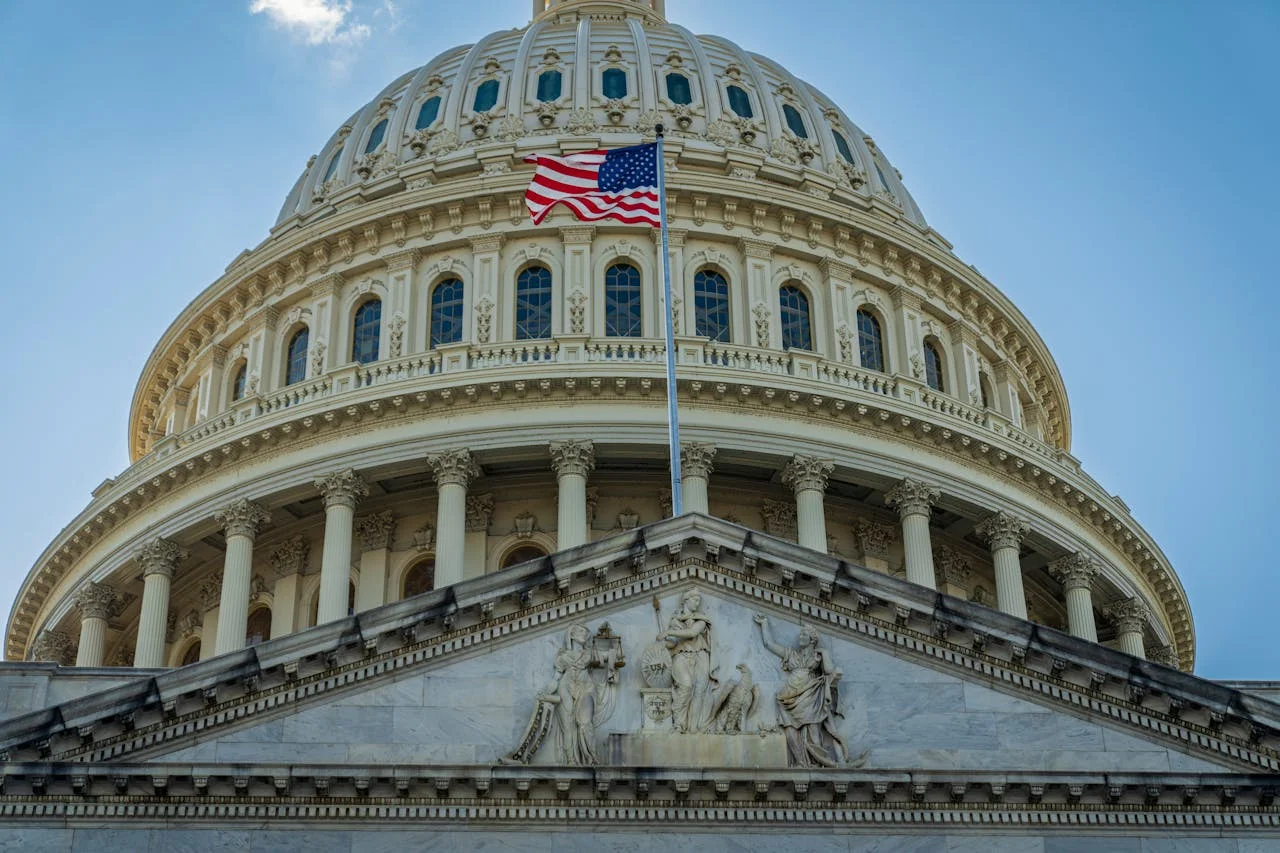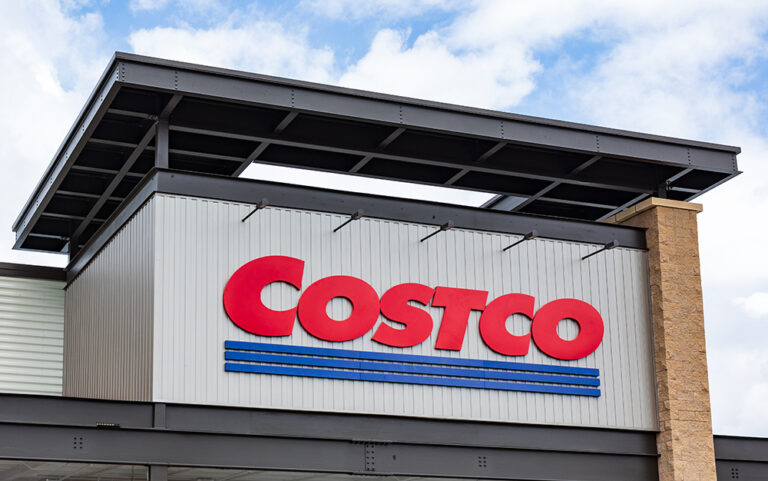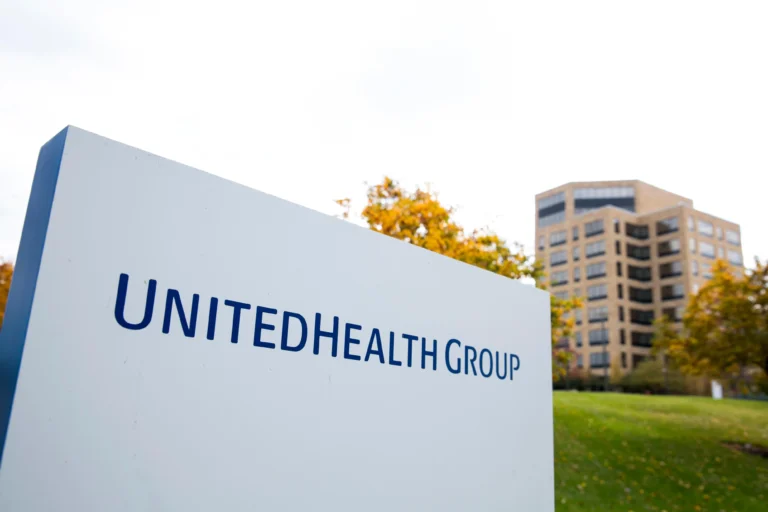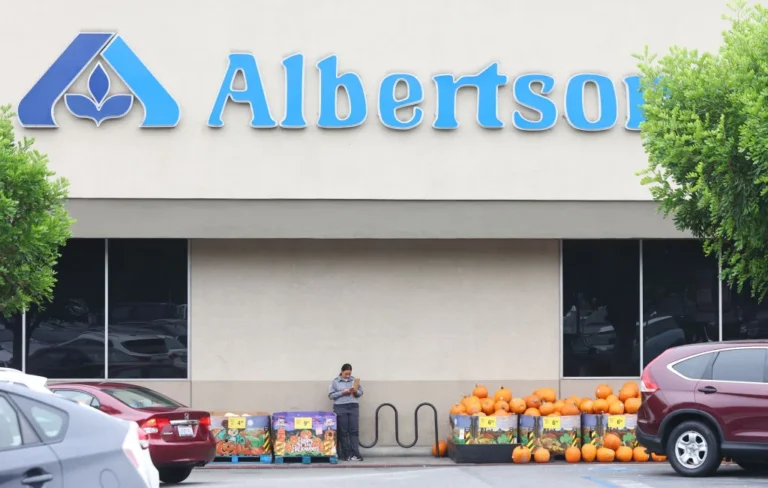Rebuilding American Democracy: Challenges and a Path Forward
Over the years, American democracy has struggled to deliver on its foundational promises, with economic inequality, political disenfranchisement, and bureaucratic inefficiencies eroding public trust. A key contributor to this decline has been the Democratic Party’s shift from its working-class roots to catering primarily to a privileged elite. To revive the nation’s democratic institutions and restore faith in governance, the party must realign its priorities and embrace broader, more inclusive policies.
It should not have been surprising that warnings about the threat former President Donald Trump posed to democratic norms did little to sway voters. A January 2024 Gallup poll revealed that only 28% of Americans—the lowest ever recorded—expressed satisfaction with how democracy is functioning. This discontent highlights four pillars of democracy that have faltered over the decades: shared prosperity, citizen representation, expertise-driven governance, and effective public services.
The Fall of Shared Prosperity
For decades following World War II, American democracy delivered on its promise of shared prosperity. Real wages grew across all demographic groups, and economic inequality declined significantly. However, this trend reversed in the late 20th century. Since the 1980s, inequality has surged, with wages for workers without college degrees stagnating. Today, half the workforce sees minimal gains while the other half enjoys soaring incomes.
While there have been recent signs of improvement—inequality plateaued around 2015—the COVID-19 pandemic and subsequent inflation disproportionately impacted working families. Unsurprisingly, many voters prioritized economic concerns over broader issues of democracy.
Diminishing Citizen Representation
Democracy also promises to give citizens a voice in shaping governance. Historically, this principle was imperfectly upheld, with marginalized groups often excluded. But in recent decades, disenfranchisement has become a more generalized issue. Many Americans, especially those without college degrees living in the Midwest and South, feel alienated and unheard. Sociologist Arlie Russell Hochschild aptly described this sentiment as feeling like “strangers in their own land.”
As this disconnection grew, the Democratic Party shifted its focus away from working-class concerns, aligning more closely with tech entrepreneurs, professionals, and postgraduates. While right-wing media capitalized on this discontent, the mainstream media and intellectual elites often ignored the economic and cultural grievances of a significant portion of the electorate.
The Erosion of Expertise
The idea that democracy would benefit from technocratic governance has also suffered. The 2008 financial crisis dealt a significant blow to public trust in experts. Financial systems designed by professionals for the supposed common good ultimately prioritized Wall Street profits over the well-being of ordinary Americans. When the system collapsed, politicians and regulators acted swiftly to rescue financial institutions, leaving millions of struggling families to fend for themselves.
The COVID-19 pandemic further amplified public distrust of expertise. Polarizing debates over lockdowns and vaccines became litmus tests for scientific belief, while dissenting voices were often sidelined. This dynamic pushed many toward alternative, less reliable sources of information, undermining faith in technocratic leadership.
Failing Public Services
The promise of efficient public services has also faltered. Historically, democracies like the U.S. prided themselves on effective governance, delivering infrastructure and services reliably. Yet over the years, regulations and safety procedures—while often necessary—have increased costs and delayed critical projects. For instance, government spending per mile of highway construction tripled between the 1960s and 1980s due to additional regulatory burdens. Similar inefficiencies plague sectors like education and healthcare, further diminishing public trust in government capabilities.
Restoring Democracy’s Foundations
Despite these failures, Americans remain proud of their democratic heritage and view it as central to their national identity. Rebuilding trust in democracy will require addressing its core failings, starting with economic equity and citizen empowerment. Reducing the influence of big money in politics and creating pathways for ordinary citizens to engage meaningfully in governance are critical first steps.
Additionally, expertise must be depoliticized and made more accessible. Drawing government experts from diverse social backgrounds and prioritizing local governance could help bridge the gap between policymakers and the communities they serve.
The Role of the Democratic Party
The responsibility for rebuilding democracy largely falls on center-left forces. The Democratic Party must weaken its ties to corporate interests and tech elites, returning to its roots as a champion of working-class Americans. Emphasizing policies that promote economic fairness and inclusion can help rebuild trust and engagement among disaffected voters.
While the incoming Trump administration poses immediate challenges, it also offers an opportunity for reflection and recalibration. If Democrats use this moment as a wake-up call to prioritize the needs of ordinary Americans, they could lead a much-needed democratic revival. Ironically, Trump’s divisive presidency might pave the way for a stronger, more inclusive democracy in the years to come.






